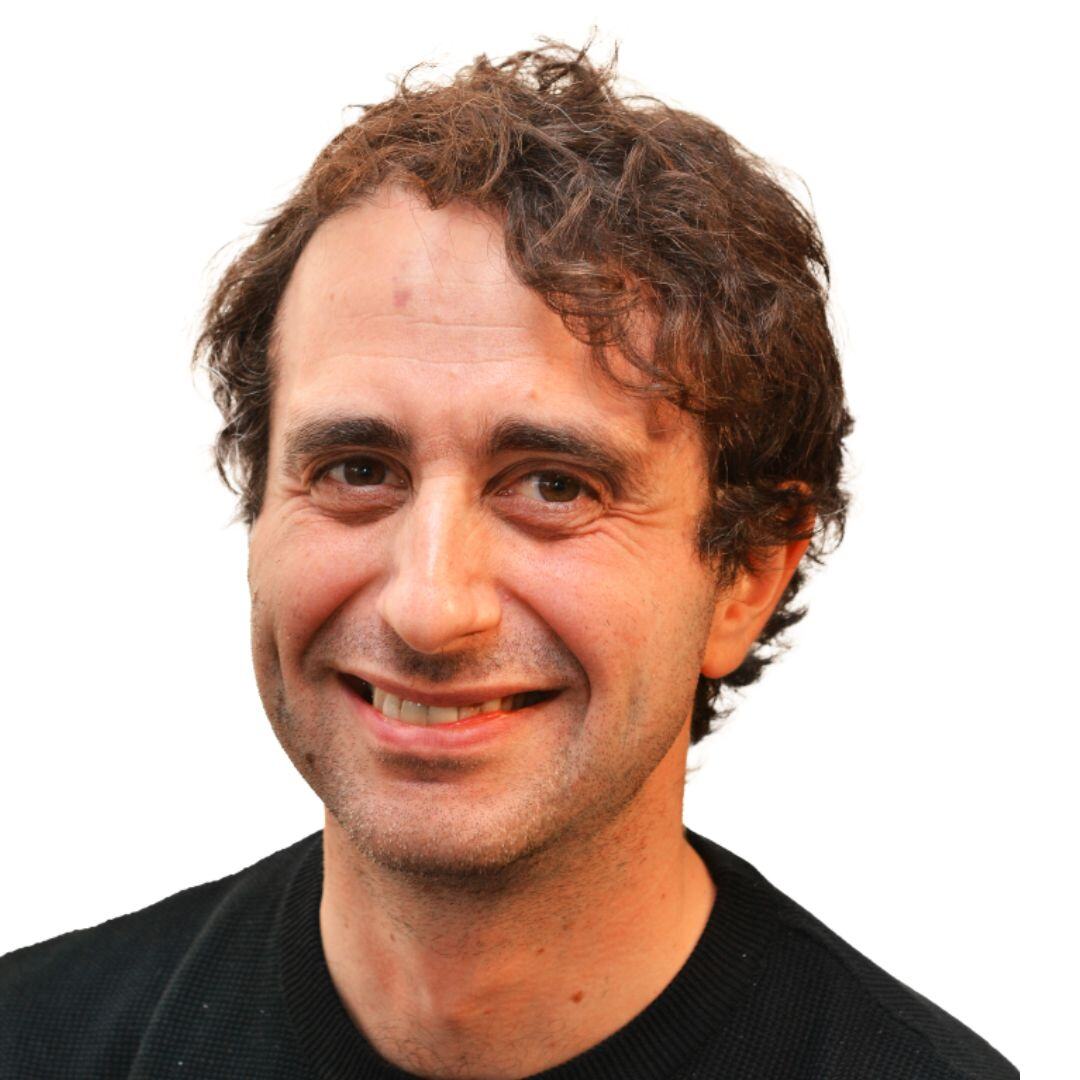I had never felt more helpless. As doctors, we are used to being able to ‘fix things’ to reassure you that ‘everything will be ok’, to calm patients with our bedside manner. Ten years ago, my father’s cancer diagnosis meant that I was suddenly experiencing the other side of the NHS. I watched as, despite treatment, the cancer spread and he was admitted to a hospital with painless jaundice. This was to be his final admission. His desire to die at home was unwavering but the NHS struggled to afford him the support we needed to enable this to happen. In the end, we had to self-discharge him from hospital and work with community services to grant him wish to die at home. We were still waiting for the palliative care support we had been promised on the day he died- ten days after he left hospital. Although he died at home, I had to be more of a doctor to my dad than a son and this still saddens me to this day even though we helped him die at home.
The NHS is experiencing a perfect storm, with increasing demand from an ageing population and an outdated, struggling healthcare system. Globally, the workforce crisis, exacerbated by the pandemic, means there are not enough healthcare professionals to meet demand. NHS staff have always been highly regarded for their knowledge, experience and attentiveness. Gradually, these qualities have been hampered by ineffective targets, fragmented systems, ageing infrastructure, overcomplicated processes and under-utilisation of technology.
After my father died, I resolved to help improve the system. I used my experience to learn more about NHS transformation, to understand where the system was failing and what could be done to improve it. As an anaesthetist, I had a good knowledge of the NHS and, together with colleagues, created the National CLEAR programme of methodology and tools to help create a healthcare system that provides the best quality care for patients- and that staff can trust and believe in.
We soon realised that the most important and influential asset the NHS holds is its staff. Technology is revolutionary and will reduce the administrative burden on qualified people with competing demands- but it’s not enough. AI will automate manual processes - but it’s not enough. After years of exploring what the most catalytic change is for any healthcare organisation, we have found that it is its people. We need to use the tools at our disposal- but we need the right people to lead, implement and advocate for change.
And change can’t happen overnight. With overwhelming workloads and transformation fatigue from box-ticking exercises which make little difference to workforce capacity or patient experience, it’s no wonder that improvement work can be seen as obstructive and irrelevant. It is imperative that we identify the right people within an existing workforce to upskill with transformation knowledge and techniques to help transform services from the inside out.
A modern healthcare system should provide a range of skilled healthcare professionals to reduce the pressure on doctors. To allow significant transformation and improvement of effective health and care services, the NHS should train existing clinical leaders at every level, to embrace radical change to improve the services they provide. This would identify ways to maximise clinical roles as well as opportunities to use transformative technology, such as artificial intelligence, to enhance the way their pathways and clinical models perform. This, together with embracing AI and technology, will improve the quality and access of care to cope with rising demand, while ensuring patients get the best possible healthcare.
To support the delivery of effective transformation journeys, the NHS should use clinically qualified and experienced transformation staff, with comprehensive engagement and trusted methodologies to help ensure real and effective change recommendations. Trust and engagement are key to the success of any transformation programme. Yes, we need more doctors- but what will make the fundamental change is the clinical leaders who have the skills and experience to move the NHS forward and create sustainable change and the best possible healthcare.
The National CLEAR programme has now worked with over 50 NHS trusts to improve patient care. It has identified millions of pounds worth of savings in the process, just by doing things differently. The CLEAR methodology combines clinical insight, data analysis and technology to create innovative new models of care and workforce redesign. CLEAR projects provide clinically sound, co-developed recommendations that are operationally possible and financially viable. We are now developing a suite of AI tools to support productivity within healthcare and we could not have achieved any of this without the dedicated staff from across the system, who have helped identify and make transformational changes to their own workplace for the benefit of their patients and their colleagues.
I look forward to sharing insights and experience from the National CLEAR programme at this year’s HETT Show Clearing the Path: Digital Strategies for Tackling the NHS Elective Backlog and at the Closing Keynote Panel: How Can the New Government Transform Health and Care? Register to attend now or email info@33n.co.uk to arrange a meeting with the National CLEAR programme team at this year’s HETT show. See you there!
%20(1).png?width=500&height=58&name=HETT%20insights%20logo%20RGB-04%20(1)%20(1).png)


